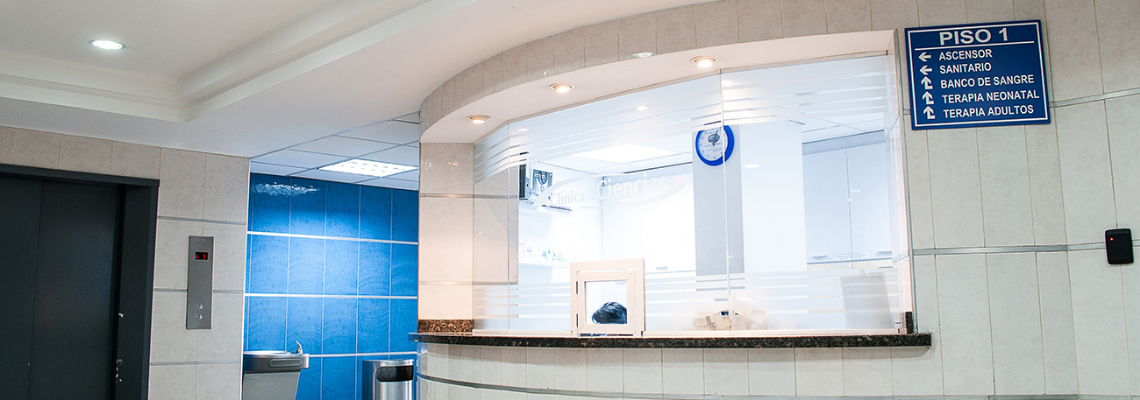Key Info
What to know about the safety and health system in Buenos Aires?
Did you know that we are the safest city in Latin America, according to “The Economist Safest Cities Ranking 2018”? That's true, but just as for any other metropolis, there are some tips you have to be aware of. Besides, read about the type of health service more suitable according to the time you decide to stay.

Some tips
Do not leave bags and purses hanging on chairs in public places. Watch out! The city is very beautiful and sometimes you can get distracted in some architectural must or in a festival. Therefore, in places with many people, pay attention when using your cell phone to protect yourself from thieves.
There is no problem eating at street stalls or foodtrucks as long as they are enabled (most are, look for the enable wafer and enjoy).
Something important: Buenos Aires night is one of the best in the world. It is long, very entertaining and intense. However, it is very important that you take care of yourself with alcohol consumption. Do it with responsibility to take care of yourself and others.
When it comes to moving
Keep in mind that 3 million inhabitants live in Buenos Aires and there is a lot of traffic. Therefore, it is always important to be aware when crossing streets and avenues, especially if it is night! Look on both sides, even on streets that go in only one direction since, as it is a bike-friendly city, there are bike paths of dual circulation. And if you like to ride a bike, always wear a helmet and respect the traffic signs.
Do not walk at night through dimly lit streets, take authorized taxis or if you prefer applications, use BA Taxi or Cabify (remember that Uber is illegal and therefore has no security controls).
Wear proper cover during the cold days of July and, on very hot days, for example in January, try not to do much physical activity. The rest of the year, enjoy the city parks for running, biking or rollerblading. You get to know the city and take care of yourself at the same time!
Useful phones
We hope it does not happen, but in case of robbery or if you need help, count on the safety and emergency network of the Government of the City:
- Criminal episodes: call 911. If you need help in English, Portuguese or French, ask them to contact the Tourist Police, who can communicate with you in those languages.
- Medical emergencies on the streets: call 107. It is the phone number of the Emergency Medical Care Service (SAME), which, in case of any unforeseen event, will assist you as soon as possible.
- Gender violence: Buenos Aires is a city that fights against gender inequality. Through the line 144, specialists provide care to women who are victims of gender violence during the 24 hours, 365 days a year. They offer information, support and advice at all hours.
Health
If you will stay less than a year, it is important that you travel with travel assistance insurance, so that you have health assistance during your stay. If you did not hire the service before your arrival, you can hire it in Buenos Aires: Universal Assistance and Assist Card are two of the most recognized companies. Once you have hired the service, they will tell you which telephone you should contact if you need medical assistance.
If you choose Buenos Aires to study for more than a year, you can hire prepaid health companies, which offer a specific service of medical benefits for a monthly installment.
In any case, in case you have an emergency, you can be taken care of by the public health system, at no additional cost.
You may also be interested in
Tips for getting around by public transport
How to get from the airport to the city, what card you need to access our transportation system, where you can consult about the circuits you want to take, how ...
Coronavirus
What measures is the government taking and recommendations to follow to prevent its spread.
How the country is dealing with the pandemic
As a result of the emergence and spread of COVID-19 throughout the world, Argentina adopted prevention and care measures in advance to prepare the health system...